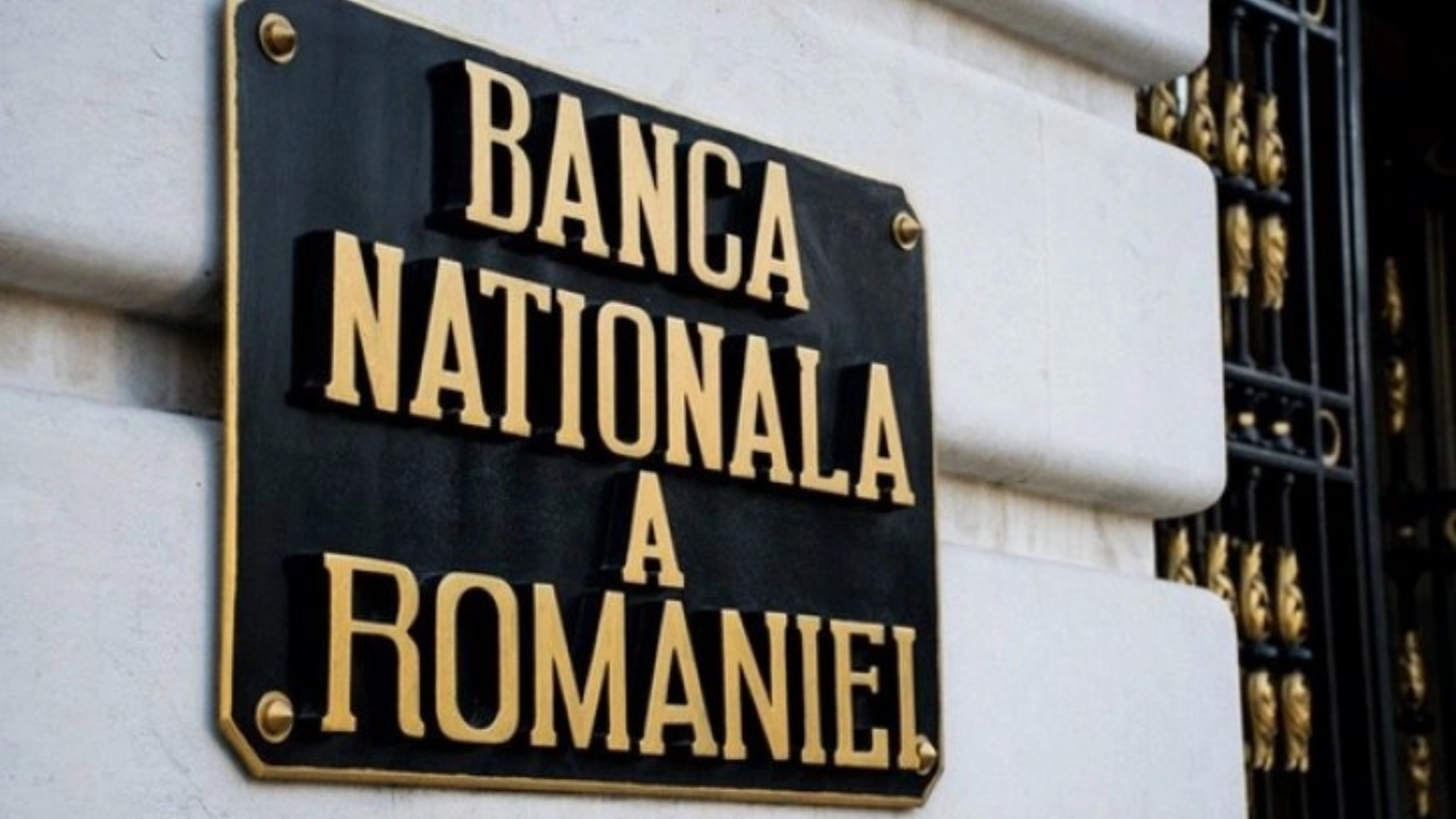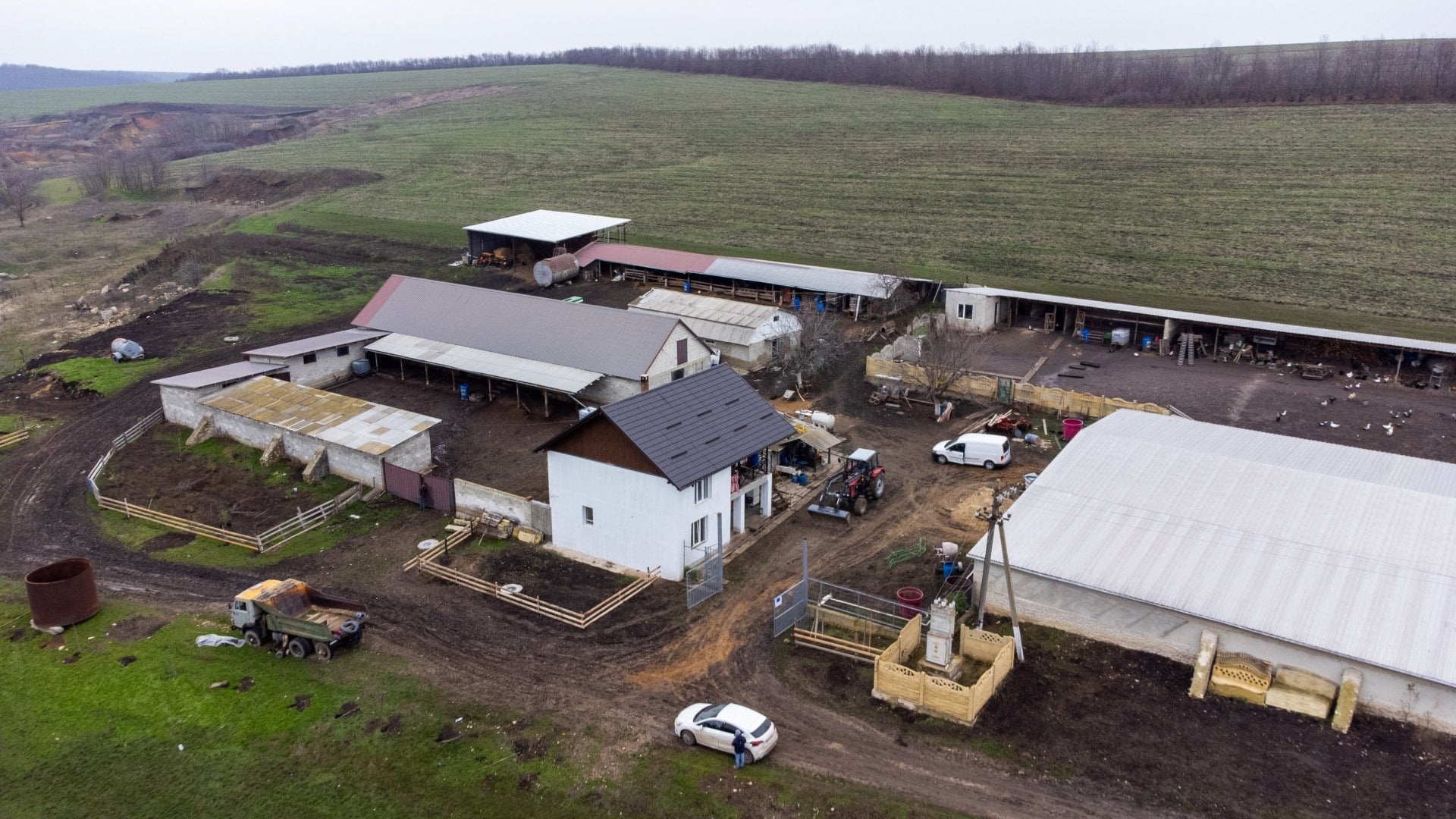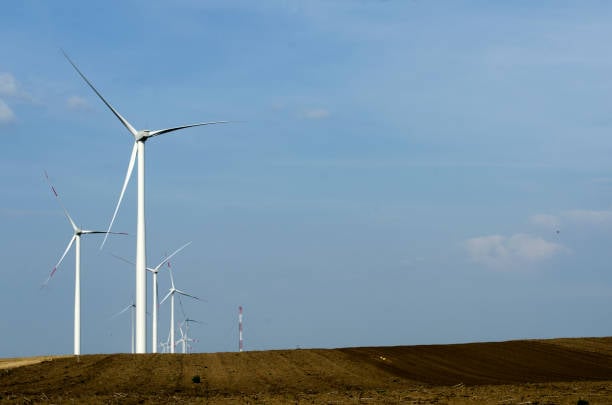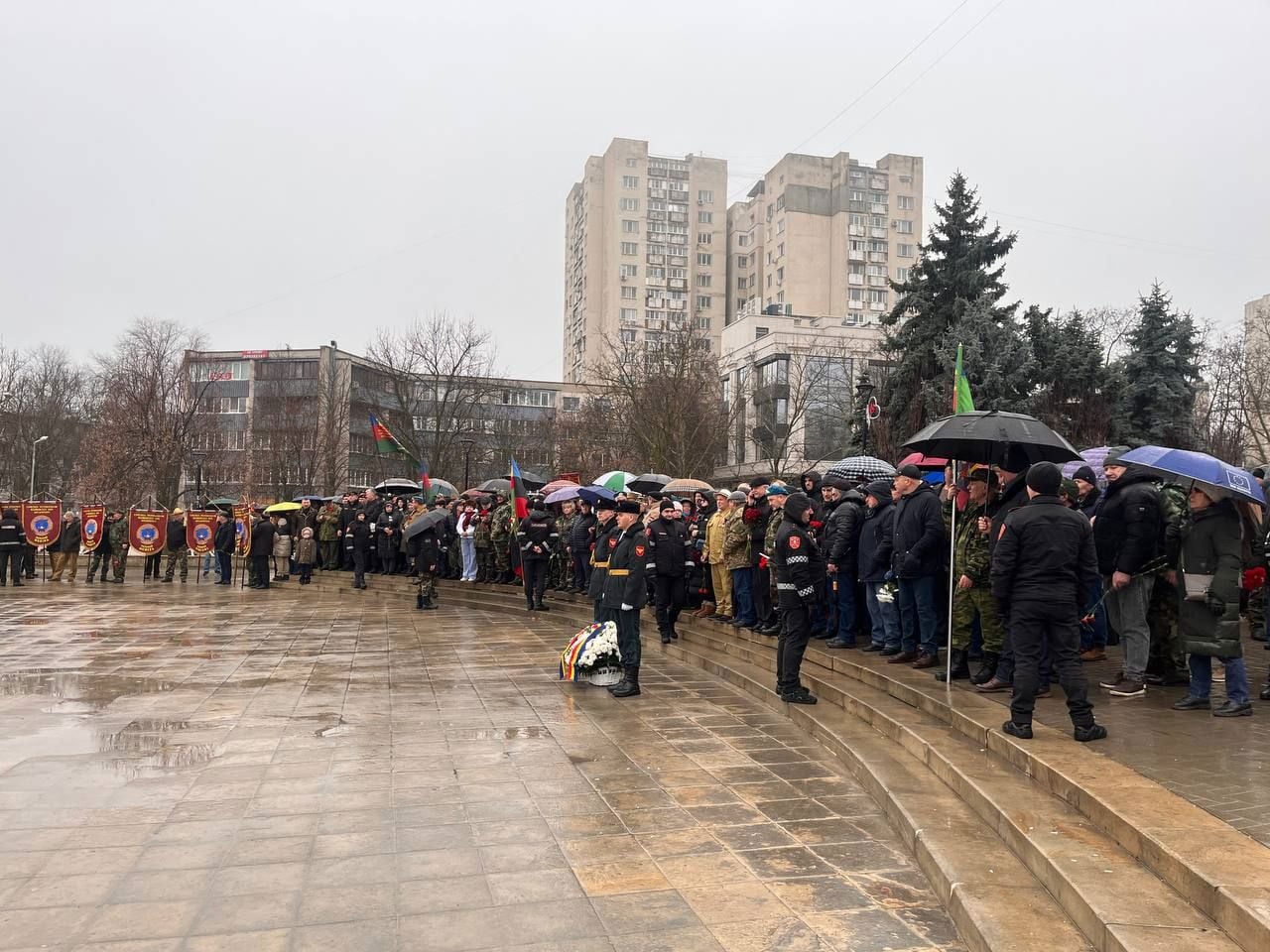The annual inflation rate is likely to increase much more pronounced over the short time horizon than anticipated in the August forecast, which indicated a peak of 5.6 pct in December 2021, according to the minutes of the monetary policy meeting of the Board of Directors of the National Bank of Romania (BNR) on October 5, 2021.
"As for future developments, Board members showed that, according to the new data and analyses, the annual inflation rate would probably rise over the short time horizon to much higher values than those anticipated in the August forecast, which had indicated a 5.6 percent peak in December 2021 and levels of around 3.4 percent starting 2022 Q3, marginally below the upper bound of the variation band of the target," the members of the BNR Board of Directors say.
"Determining factors for the near-term outlook referred to the renewed large hikes anticipated for energy prices - especially of natural gas - and, to a smaller extent, for fuel prices, mainly on the back of the non-petrol-diesel component. To those added the further increase recorded in September by tobacco product prices, as well as the relatively higher dynamics expected for administered prices. They were likely to lead to a considerably larger and more protracted positive deviation of the annual inflation rate from the upper bound of the variation band of the target, Board members noted, while generating significant disinflationary base effects over the longer time horizon," the BNR minutes say.
The inflationary impact of shocks on the supply side could be even stronger and more prolonged than the current assessments show, several Council members have warned, signalling the continued and/or steep rise in the prices of some energy and non-energy peaks, as well as the persistence of bottlenecks in production and supply chains, associated with increased transport costs, which visibly affects - directly or indirectly - basic inflation, including by way of import prices.
As regards inflationary pressure on the demand side, the Council members noted that the new evaluations point to a slowdown in the growth of non-agricultural economic activity in the second half of 2021, including in relation to previous forecasts, also in view of the eroding effect on population incomes and firms of higher energy, fuel and food prices; the evolution makes it probable that the surplus of aggregate demand is almost stagnated in the second half of the current year, as happened against the slight increase previously forecast.
Thus, under the conditions of the time lags necessary for their manifestation, the inflationary pressures of the surplus of aggregate demand will probably remain weakly perceptible and more faded in the short term than anticipated in the August forecast, and, at the same time, difficult to discern from the multitude of factors that will affect the basic inflation during this period, the Council members concluded.
































Comentează